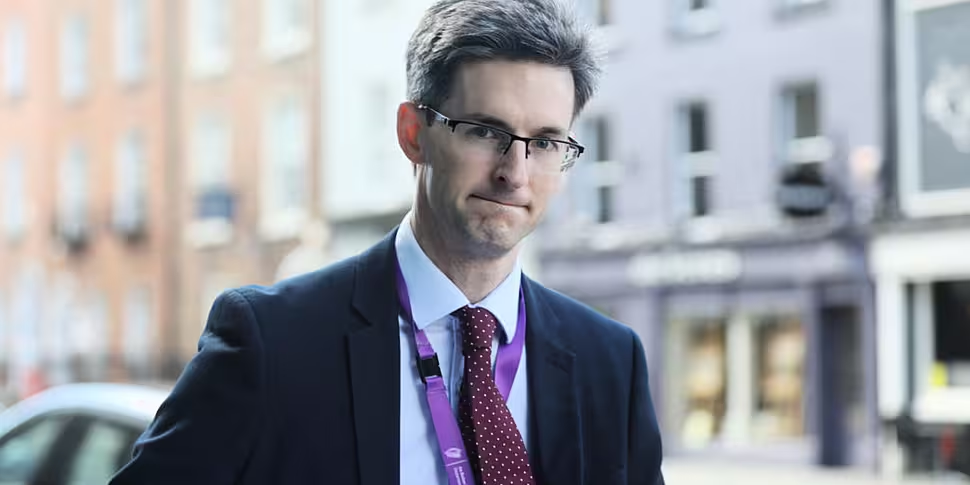The next seven days are 'vital' when it comes to controlling the COVID-19 situation in Dublin and Limerick, the Acting Chief Medical Officer Dr Ronan Glynn has warned.
It comes after 102 new cases of the virus were confirmed in the Republic this evening.
The past 14 days have seen 1,672 cases confirmed in the country - a rate of 35.0 per 100,000 population.
Of those cases, 791 (47%) of those cases were in Dublin, while 116 (7%) were in Limerick.
Dr Glynn said a rise in the number of COVID-19 patients in hospital over the past week is a "reason to be concerned", but that the COVID-19 situation in the country is "in the main stable".
However, he noted that health officials are "monitoring with growing concern the number of cases nationally".
He said: "We are particularly concerned about Dublin and Limerick - we've seen an increase in number in those two counties in particular over the last number of weeks.
"It's a message tonight to people in those counties: the next week is vital, and people really need to cut down their social contacts over the next week.
"They need to assume now, unfortunately, that COVID is circulating in the community and act appropriately. If they do not, we will see increases in cases - and we will be back into places that we don't want to be over the coming weeks.
"I can't say it strongly enough: people in Dublin in particular need to adhere to physical distancing. They need to cut down their social contacts."
'People need to focus'
Dr Glynn suggested the "language of lockdown is really unhelpful", and any additional measures recommended by NPHET will be to protect people.
However, he said officials can be "far more nuanced" in the response to the virus than they were earlier in the year.
Dr Glynn also stressed that everyone has the power to change the trajectory of the pandemic.
He said: "Each of us individually needs to have a higher level of risk perception than we do at the moment.
"This is a moment when people need again to really focus on physical distancing, washing their hands, and wearing face coverings where appropriate.
"We want you to socialise, we want you to meet up with people: the last thing we want coming into the winter is for people to be isolated. But we really need people to do that more safely over the coming weeks."









